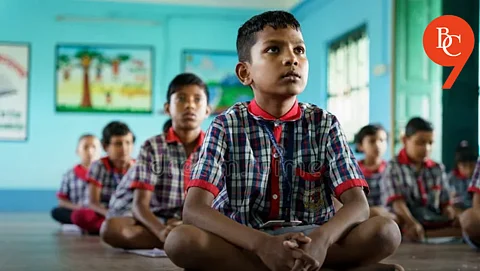

Pimpri: School management committees established for the overall development of schools are an important. However, it appears that these committees are only operational in name. The committees responsible for basic facilities, educational quality, and student welfare in schools are actually inactive and exist only on paper.
The composition of the School Management Committee is determined according to the rules set by the government. The committee includes 12 to 16 members. 75 percent of the members are student parents, and it is mandatory that at least 50 percent of them are women. Additionally, representatives of local self-government bodies, teachers, social workers, and education experts are also involved. The committee is entrusted with some important responsibilities for the development of the school. There is doubt about whether the committee actually fulfills these responsibilities properly. Many parents and teachers are expressing complaints that the committee is not functioning effectively.
...then the problems of schools will be solved
During elections, members come forward enthusiastically, but later they turn their backs on the school. To ensure that the School Management Committee remains effective, the education department should provide proper training to these committees. Guidance on responsibilities and rights is necessary for the members. Parents should also actively participate in the school's operations. If the school management committees become capable, it will help solve the problems of schools at the local level.
Although school management committee members have the authority to make decisions for the development of the school, their implementation is not visible. Parents are not informed about how the funds are spent. Due to a lack of coordination between teachers and the committee, many important decisions remain only in discussions. Action is needed on this.
- Sangeeta Bangar, Administrative Officer, Municipal Education
Number of schools in the city
Municipal schools - 134
Private aided - 135
20 percent private aided - 27
Private unaided - 53
Tribal Social Welfare Private Grant - 1
Social Welfare School - 5
Nomadic Tribes and Wandering Communities - 2
Disabled Welfare Private Grant - 1
Self-Financed Schools - 319
Grant-Aided Schools - 3
Total - 680
1 Handling fee-related complaints
2 Creation of School Development Plan
3 Inspection of basic facilities,
4 Implementation, monitoring school expenses
5 Supervision of fund utilization
6 Arrangement of scholarships, assistance for the needy
7 Monitoring teacher attendance
8 Implementing measures to prevent student dropout, etc.
